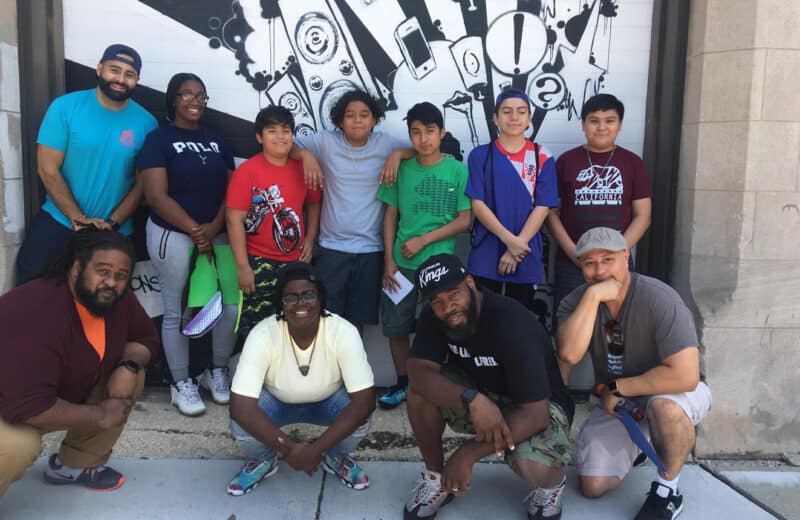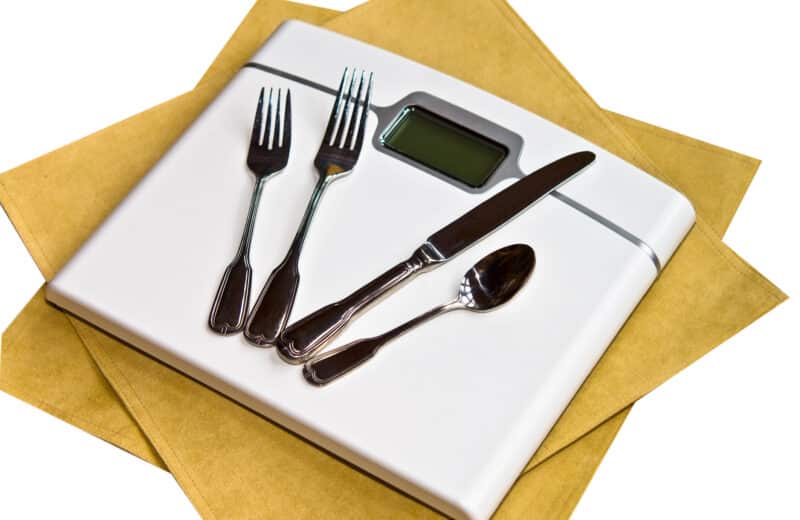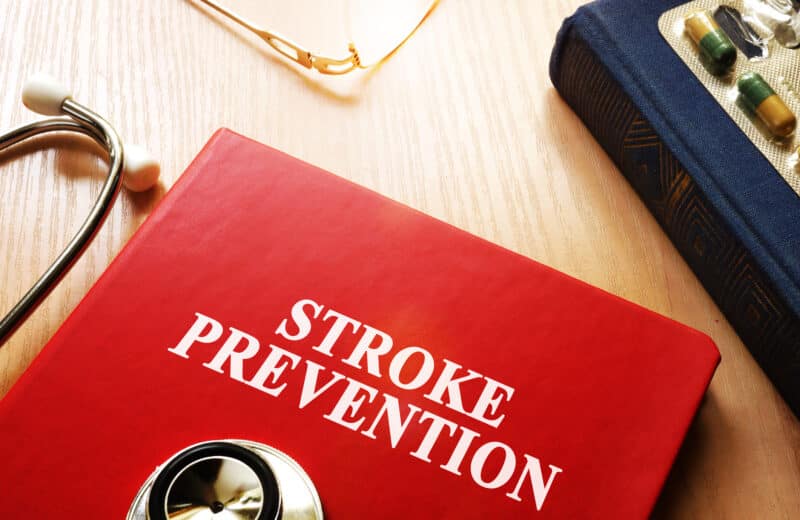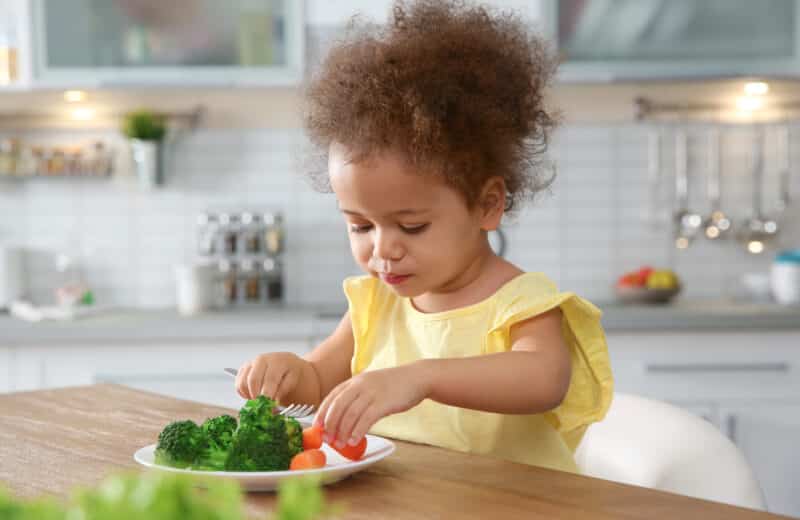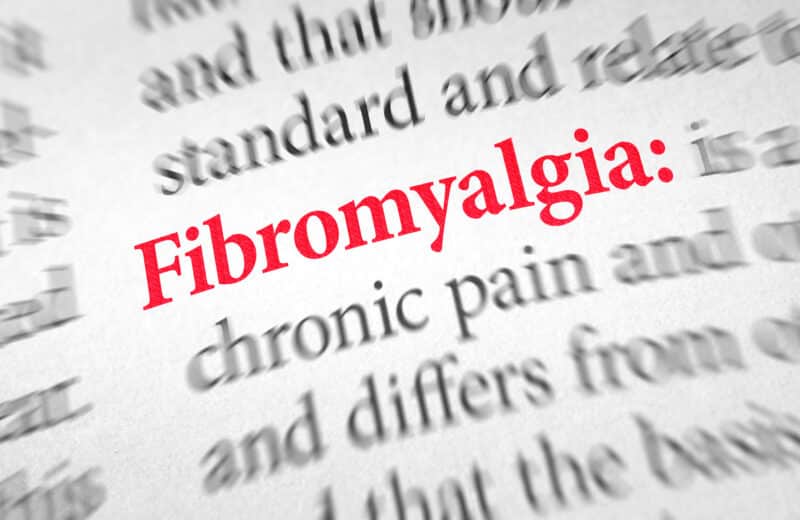A vegan diet is made up of only plant-based products — no meat, fish, dairy, or eggs (some people also exclude honey). While these diets are still relatively rare, they are becoming more common. Some families or teens choose them for health reasons, and it’s certainly true that plant-based diets are low in saturated fat and can have other health benefits. Some choose them for philosophical reasons — either sustainability, or not wanting to harm animals, or both.
Whatever the reason, it’s important to get educated before you begin. You should talk to your doctor, and if possible it’s a good idea to also meet with a nutritionist. Because while vegan diets can absolutely be healthy, there are some nutritional and other issues that can cause trouble if you aren’t careful.
Calories and protein for children eating a vegan diet
Two issues you should learn about and plan for are:
- Calories. Plant-based foods tend to have fewer calories than animal-based ones. This is not a bad thing, given the current obesity epidemic in the U.S., but it’s important to be sure that children and teens get enough calories to grow and support daily activity. The number of calories a child needs will depend on their age, size, and activity level. Nuts, nut butters, and soy products can help add calories, as can granola and other whole-grain products.
- Protein. Protein is crucial, not just for building muscle but for all sorts of body processes. This is another nutrient that is simply easier to get from animal products, as there is more of it and it is complete, meaning that it has all the amino acid building blocks that humans need. The protein you get from plant products is less accessible to the body and may or may not be complete — and for that reason, people on vegan diets need to eat more protein than those on animal-based diets, to be on the safe side. As with calories, the amount of protein a child needs depends on their age and size. Nuts, legumes (including peanuts), soy products, and whole grains are good sources of protein.
Key minerals and vitamins for children eating a vegan diet
Consider sources for key minerals and vitamins:
- Calcium. Calcium is important, especially for bone health. Dairy is the easiest source of calcium, but there are other ways to get it, including foods like kale, bok choy, and broccoli. Many “alterna-milks” such as soy milk and almond milk are fortified with calcium (and vitamin D), as are some brands of orange juice.
- Iron. Iron is important to keep our blood and our bodies healthy and strong. Fortified cereals and some other plant products have iron, but it’s not a bad idea to give your child a multivitamin with iron.
- Vitamin B12. This is another crucial nutrient that can be harder to get on a plant-based diet. While vegans can get it from soy beverages and fortified cereals, it’s another reason why a multivitamin is a good idea.
- Vitamin D. While the main source of vitamin D is sunshine (really!), most of us don’t spend enough time in the sun to get enough of it, and need to get it from our diet. If a child isn’t going to get it from fortified dairy products, then a supplement is the way to go. For younger children, the 400 IU that is present in most multivitamins is enough; older children may need more. Talk to your doctor about what is best for your child.
- Fiber. This is one thing that vegan diets may actually have too much of, given that plants have a lot of fiber. The most common problem with getting too much fiber is that it can fill you up, making it harder to get enough of the calories and other nutrients you need. Giving children some refined grains like cereals can help, as can giving peeled fruits and cooked vegetables rather than raw.
What else should you consider?
It’s also helpful to consider the emotional aspects of being on a vegan diet. If your family is not vegan and your child is asking to be, it’s important to understand why. The reasons may be perfectly fine and healthy, but some children, especially teens, choose vegan diets in order to lose weight. If you suspect that your child may have an eating disorder, talk to your doctor.
Being on a restrictive diet can be difficult for some children, too, who may feel different from their peers or excluded from group eating experiences like birthday parties. This is something that you should think about as parents and talk about as a family. If it’s important to you that your child adhere to a vegan diet in all settings, you should talk about strategies for navigating that, both in terms of making sure your child has food to eat in every setting, and in terms of helping them talk about their dietary choices with their friends.
Eating, after all, is about more than just feeding our bodies. Eating can and should be fun, no matter what diet we choose.
(Claire McCarthy, MD, is senior faculty editor at Harvard Health Publishing.)
(C) 2020 by Harvard University. For terms of use, please see https://www.health.harvard.edu/terms-of-use.



